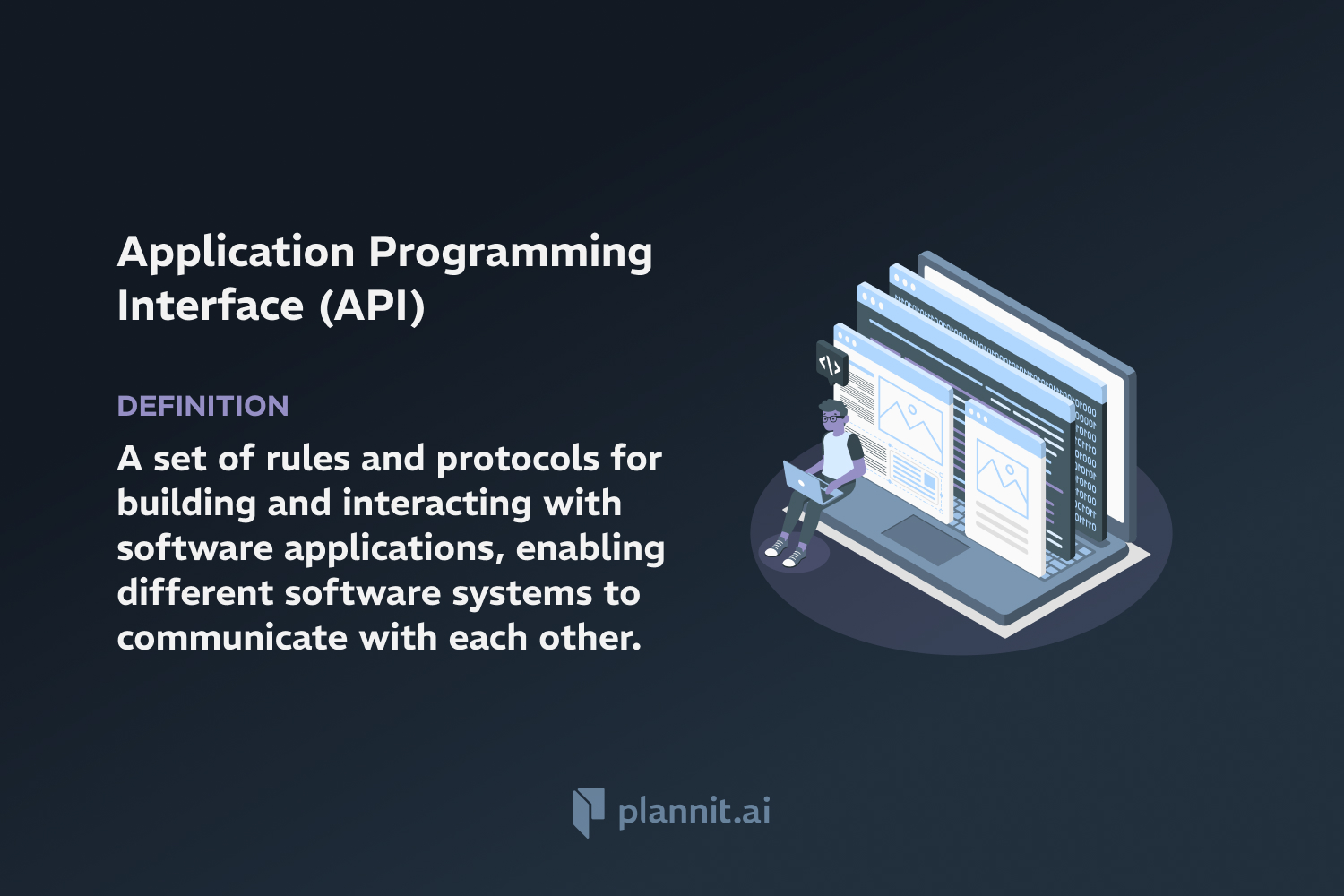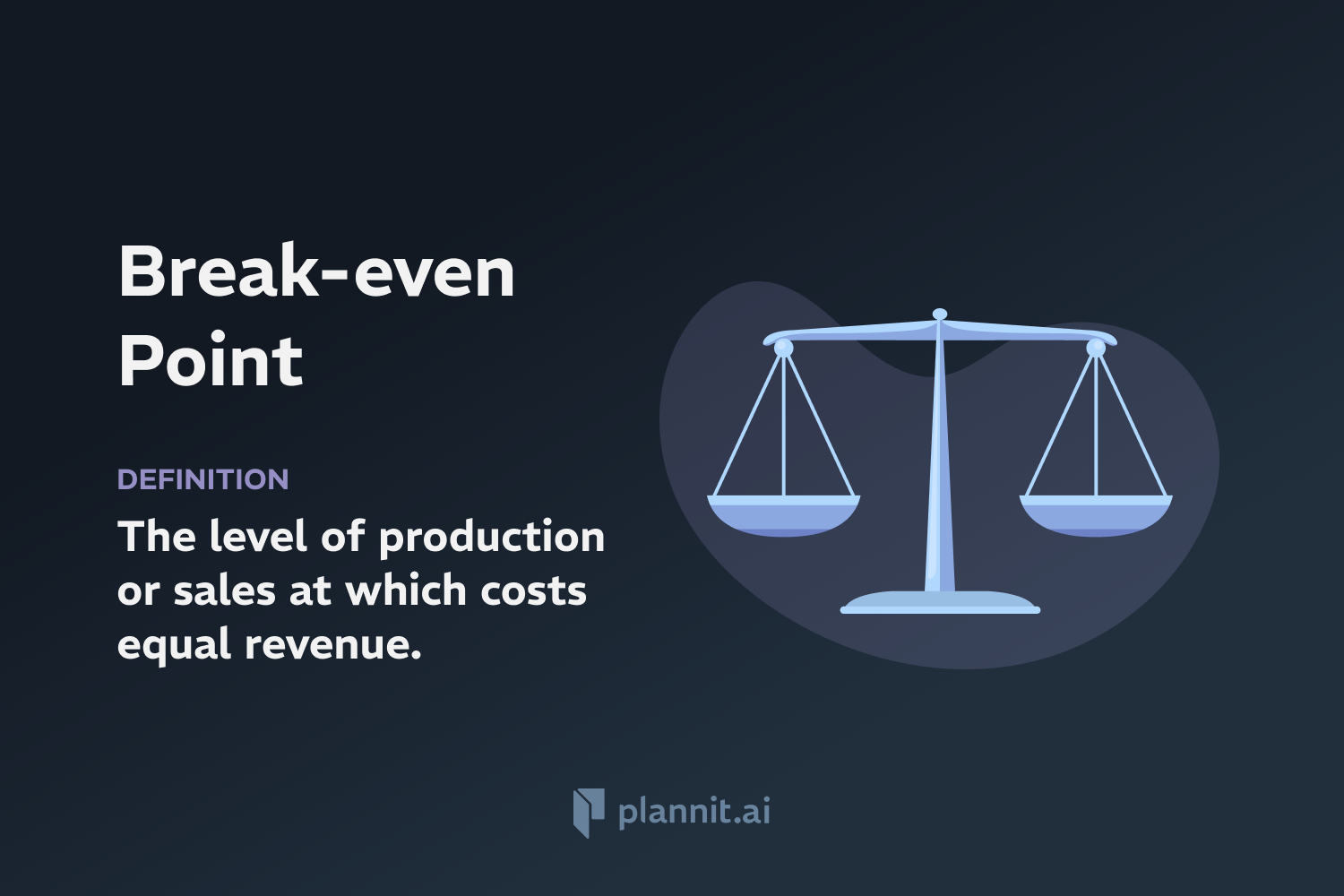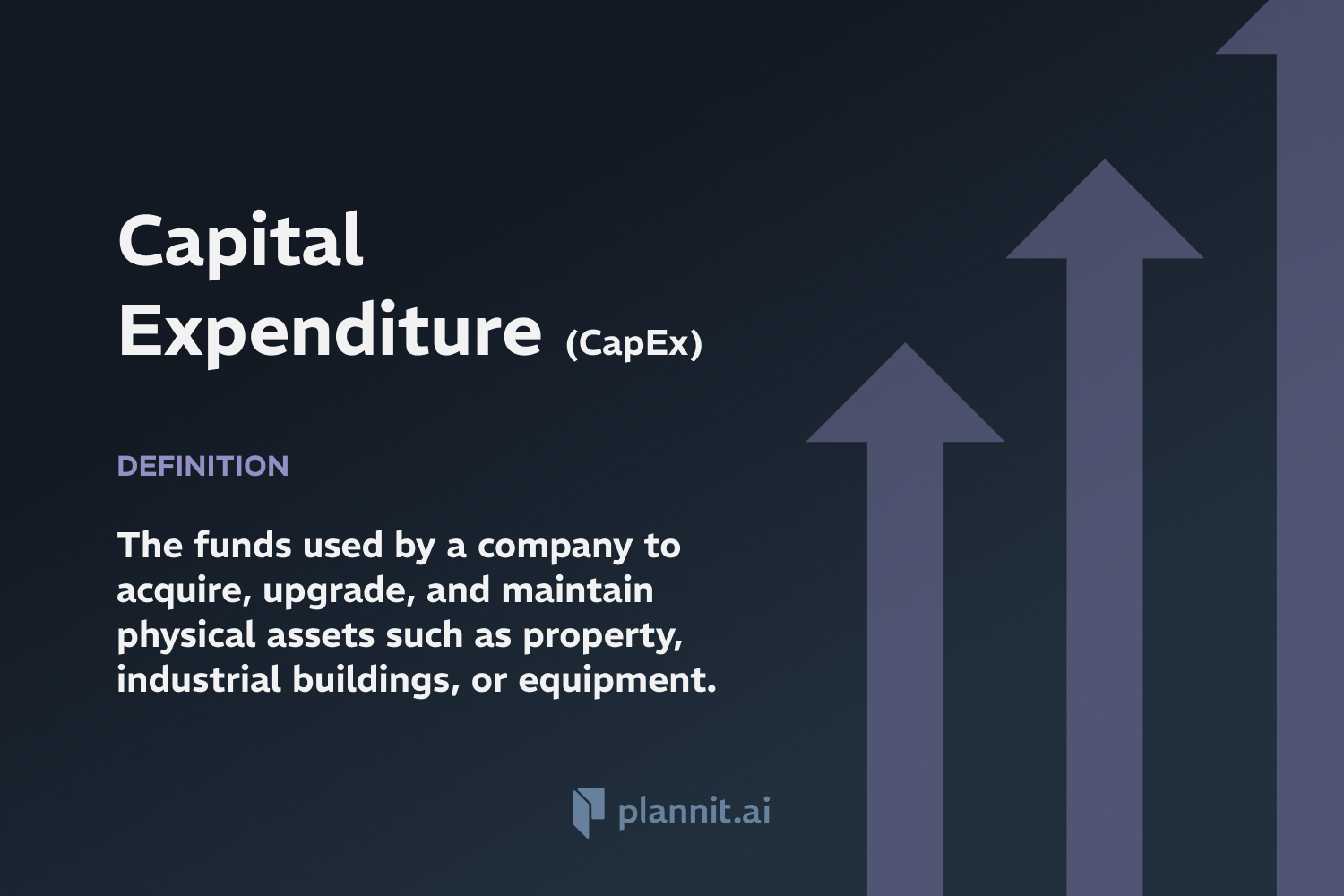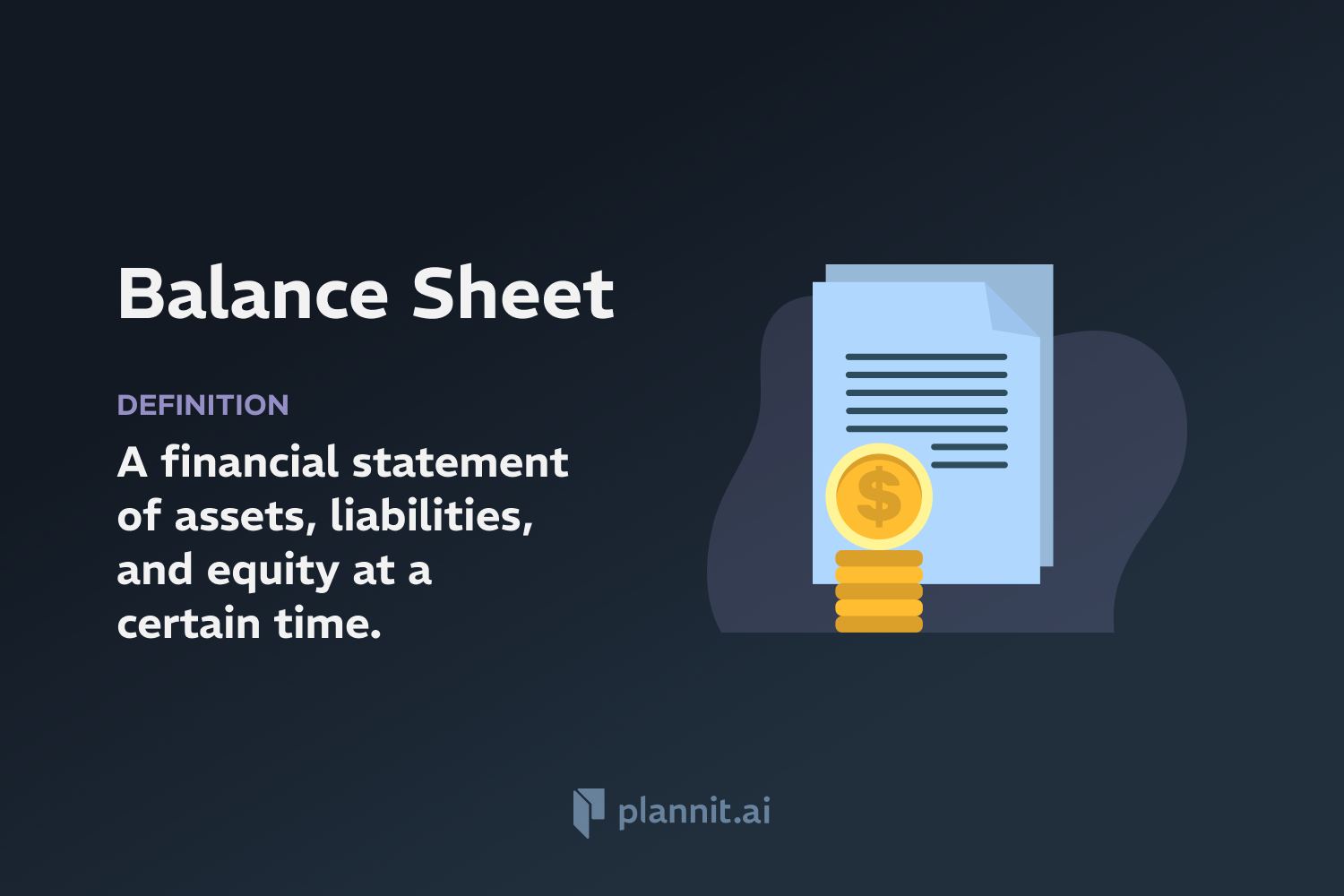Need Help With Your Business Plan?
Answer tailored questions and get a detailed business plan in minutes.
Application Programming Interface (API): Definition & In-Depth Explanation

Definition:
An Application Programming Interface (API) is a set of protocols, routines, and tools for building software and applications. An API specifies how software components should interact and can be used when programming graphical user interface (GUI) components. It simplifies the development process by providing all the building blocks, which are then put together by the programmer.
Context of Use:
APIs are used extensively in software development across industries to allow disparate programs to interact with each other. They are essential for creating applications that leverage services provided by external software components, systems, or platforms.
Purpose:
The primary purpose of an API is to allow the capabilities of one computer program to be used by another. They serve as an interface between different software programs and facilitate their interactions, similar to the way the user interface facilitates interaction between humans and computers.
Example:
Web APIs: Open weather API allows developers to access weather data for their applications.
Operating Systems APIs: Windows API lets developers write functions that can perform tasks like creating windows, firing up a print dialog, or saving files.
Related Terms:
REST (Representational State Transfer): An architectural style used for designing networked applications. It relies on a stateless, client-server, cacheable communications protocol -- the HTTP.
SOAP (Simple Object Access Protocol): A protocol used for exchanging structured information in the implementation of web services in computer networks.
JSON (JavaScript Object Notation): A lightweight data-interchange format that is easy for humans to read and write, and easy for machines to parse and generate.
FAQs:
1. What are the benefits of using APIs?
A: APIs allow developers to save time by using pre-built components instead of creating them from scratch, facilitate innovation by exposing only necessary elements, and enable integration between different systems and technologies.
2. How do APIs work?
A: APIs work by defining a set of rules that developers must follow to interact with a programming language, a software library, or any other software tool.
3. What is an API key?
A: An API key is a code passed in by computer programs calling an API to identify the calling program. It is used to control access and track how the API is being used.
4. Can APIs be private?
A: Yes, private APIs are designed for use within an organization where only internal developers have access to the API, unlike public APIs which are available to any third-party developers.
5. What are common security concerns with APIs?
A: Common security concerns include unauthorized access, which can lead to data breaches. Security measures such as tokens, encryption, and API gateways are essential to protect the integrity and confidentiality of the data being exchanged.
Get funding with a business plan that will impress investors.
Starting a New Business?



